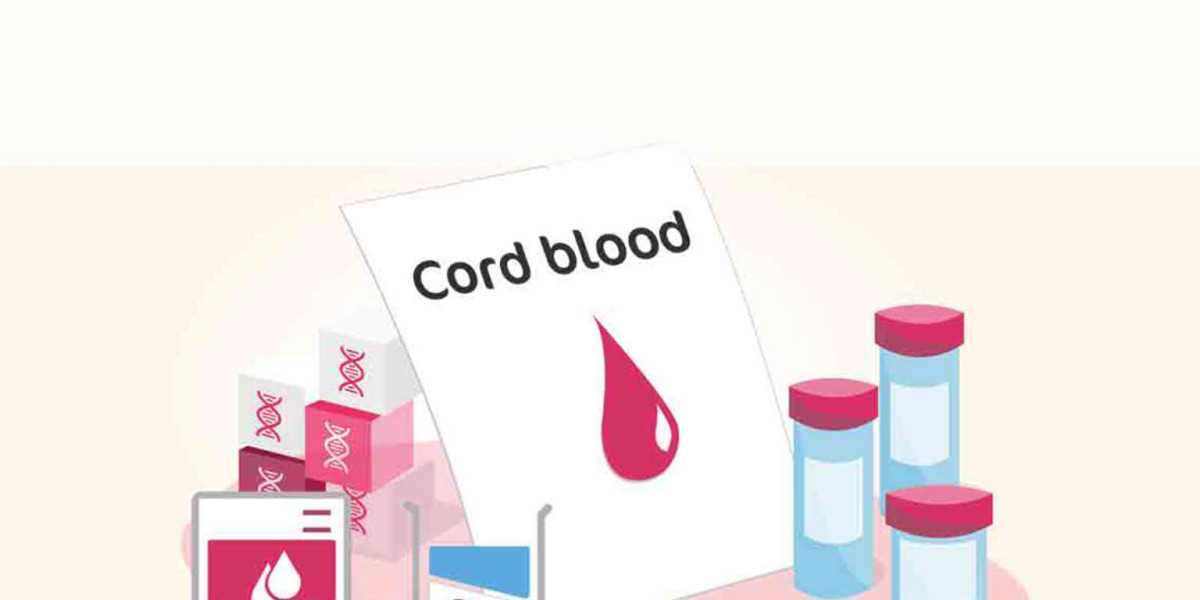Introduction:
Relationships, while often a source of joy and fulfillment, can also be accompanied by the complex emotional landscape of anxiety. Relationship anxiety, characterized by excessive worry and fear related to romantic relationships, can strain the bonds between partners. In this article, we explore the causes, symptoms, and effective solutions for relationship anxiety, aiming to provide insights into fostering healthier connections and promoting emotional well-being.
Understanding Relationship Anxiety:
Relationship anxiety is a subtype of anxiety that manifests within the context of romantic relationships. It involves persistent and intrusive worries about the stability of the relationship, fear of abandonment, or concerns about one's worthiness of love and affection.we explore the causes, symptoms, and effective solutions for relationship anxiety, aiming to provide insights into fostering healthier connections and promoting emotional well-being.
Common Causes of Relationship Anxiety:
Attachment Style:
- Anxious Attachment: Individuals with an anxious attachment style may exhibit heightened relationship anxiety, often stemming from a fear of abandonment and a strong desire for reassurance and validation.
Past Trauma:
- Previous Relationship Trauma: Individuals who have experienced past relationship traumas, such as betrayal or infidelity, may develop anxiety as a protective mechanism to avoid further emotional pain.
Low Self-Esteem:
- Negative Self-Image: Low self-esteem can contribute to relationship anxiety as individuals may doubt their worthiness of love and fear rejection.
Communication Challenges:
- Miscommunication or Lack of Communication: Poor communication within a relationship can lead to misunderstandings, creating a fertile ground for anxiety to take root.
Fear of Rejection:
- Fear of Abandonment: A deep-seated fear of being rejected or abandoned by a partner can fuel relationship anxiety.
Unrealistic Expectations:
- Idealized Expectations: Unrealistic expectations about relationships, often influenced by societal norms or media portrayals, can contribute to anxiety when reality does not align with these expectations.
Symptoms of Relationship Anxiety:
Excessive Worry:
- Persistent and intrusive thoughts about the relationship, potential problems, or the partner's commitment.
Physical Symptoms:
- Physical manifestations of anxiety, including tension, restlessness, headaches, and gastrointestinal issues.
Constant Seeking of Reassurance:
- A recurring need for reassurance from the partner to alleviate fears and anxieties.
Jealousy:
- Jealousy or insecurity, often unfounded, regarding the partner's interactions with others.
Fear of Abandonment:
- A pervasive fear of being abandoned, leading to clinginess or attempts to control the partner's actions.
Negative Self-Talk:
- Negative self-talk and self-doubt, with thoughts centered around not being "good enough" for the partner.
Avoidance Behaviors:
- Avoidance of certain relationship-related situations or discussions to prevent discomfort.
Impact on Daily Functioning:
- Interference with daily functioning, such as difficulty concentrating at work or strained relationships with friends and family.
Effective Solutions and Treatment Approaches:
Addressing relationship anxiety involves a combination of self-reflection, communication, and, in some cases, professional intervention.
1. Open Communication:
- Foster an environment of open communication within the relationship, encouraging both partners to express their feelings, concerns, and expectations without judgment.
2. Self-Reflection:
- Engage in self-reflection to identify the root causes of relationship anxiety and explore personal insecurities or past traumas that may be contributing to these anxieties.
3. Couples Therapy:
- Seek couples therapy to work through relationship challenges with the guidance of a trained therapist. This can provide a safe space to address communication issues, build trust, and develop coping strategies.
4. Individual Therapy:
- Individual therapy can be beneficial for addressing personal insecurities, improving self-esteem, and developing healthy coping mechanisms for managing anxiety.
5. Mindfulness and Relaxation Techniques:
- Incorporate mindfulness and relaxation techniques, such as deep breathing exercises and meditation, to manage stress and anxiety in the moment.
6. Set Realistic Expectations:
- Establish realistic expectations for the relationship, acknowledging that no relationship is perfect, and challenges are a natural part of growth.
7. Challenge Negative Thoughts:
- Challenge negative self-talk by actively replacing irrational thoughts with more balanced and positive perspectives. Cognitive-behavioral therapy (CBT) techniques can be particularly helpful.
8. Develop Healthy Boundaries:
- Establish and communicate healthy boundaries within the relationship to foster a sense of security and promote mutual respect.
9. Self-Care Practices:
- Prioritize self-care practices, including regular exercise, adequate sleep, and activities that bring joy and relaxation.
10. Relationship Education:
- Invest in relationship education or workshops to gain insights into effective communication, conflict resolution, and building a strong foundation for a healthy relationship.
11. Gradual Exposure:
- Gradual exposure to situations that trigger anxiety, done with the support of a therapist, can help desensitize individuals to feared scenarios.
12. Focus on the Present:
- Practice mindfulness to stay present in the moment and avoid getting lost in anxieties about the future or past.
Conclusion:
Relationship anxiety is a common challenge that many individuals face, but with awareness and proactive efforts, it can be effectively managed. By addressing the underlying causes, fostering open communication, and seeking appropriate support, individuals can navigate relationship anxiety and cultivate healthier, more resilient connections. Recognizing that personal growth is an ongoing process and relationships evolve over time, the journey toward a fulfilling and anxiety-free relationship involves continuous self-reflection, mutual understanding, and a commitment to building a strong foundation of trust and communication.


